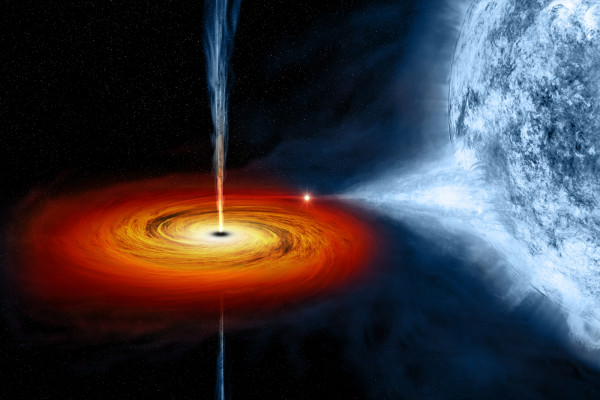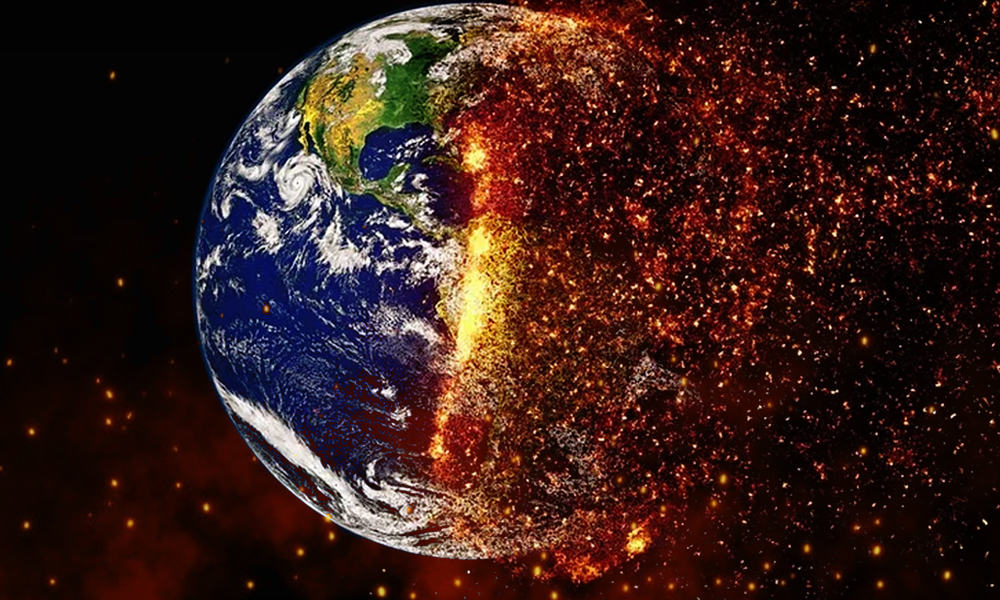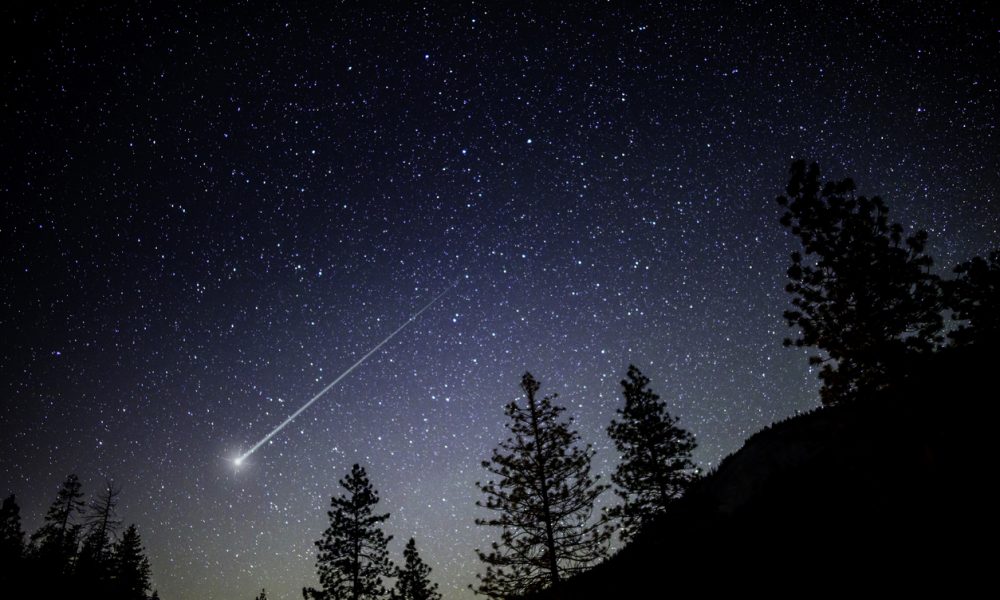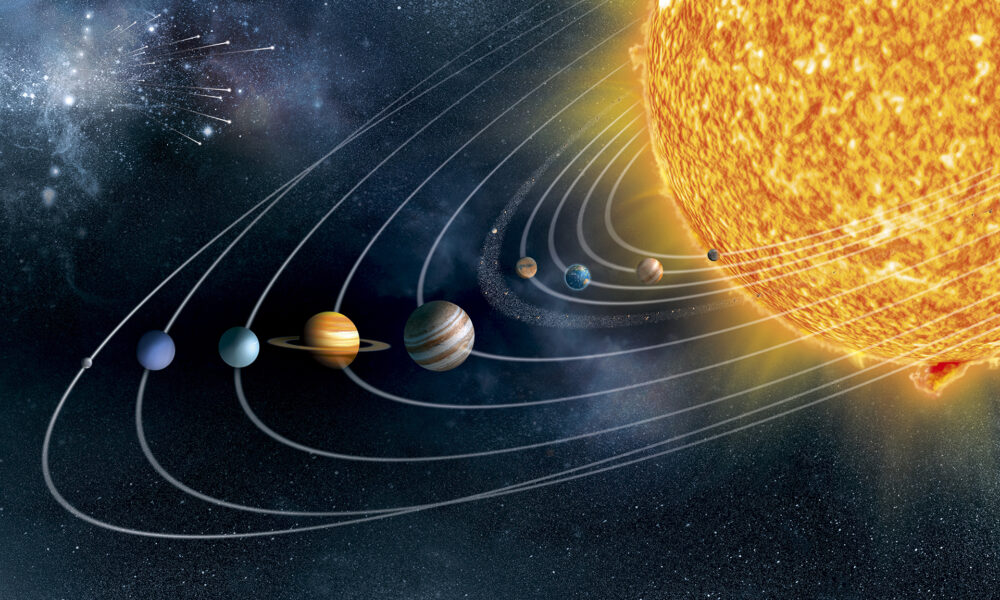Black holes are one of the most fascinating and mysterious objects in space. They are formed from the remnants of massive stars that have collapsed under their own gravitational pull. The gravitational pull of a black hole is so strong that nothing, not even light, can escape from it. This phenomenon has led to many theories and implications about the nature of space and time.
The Formation of Black Holes
Black holes are formed when a massive star runs out of fuel and collapses under its own gravity. As the star collapses, it creates a massive amount of energy that causes a supernova explosion. The remaining core of the star collapses into a singularity, a point in space where the gravitational pull is infinite and the laws of physics break down.
The Phenomena of Black Holes
Black holes are characterized by their event horizon, the point of no return where the gravitational pull is so strong that nothing can escape. Anything that crosses the event horizon is sucked into the black hole and is crushed into a singularity. The singularity is surrounded by a region called the ergosphere, where the gravity is so strong that even light cannot escape. This creates a phenomenon called the black hole shadow, a dark area in the sky where the black hole is located.
The Implications of Black Holes
Scientists have studied black holes for many years to understand the implications of their existence. One of the most significant implications is the effect on time and space. The gravitational pull of a black hole is so strong that it slows down time and warps space. This has led to theories such as time travel and wormholes.
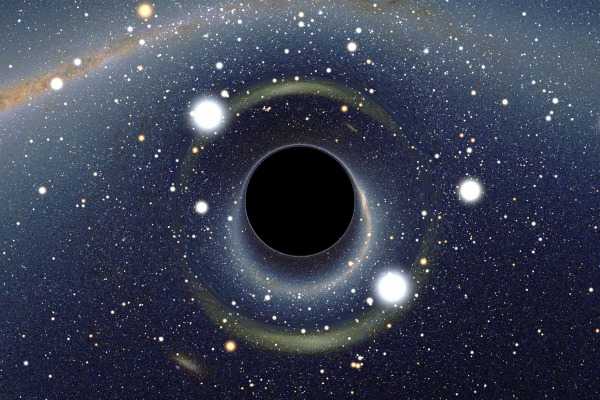
Another implication of black holes is their role in the formation of galaxies. Black holes are found at the center of most galaxies, and their gravitational pull is believed to play a significant role in the formation and evolution of galaxies.
Black holes are one of the most fascinating and mysterious objects in space. Their formation and phenomena have led to many theories and implications about the nature of space and time. Scientists continue to study black holes to gain a better understanding of the universe and our place in it.


